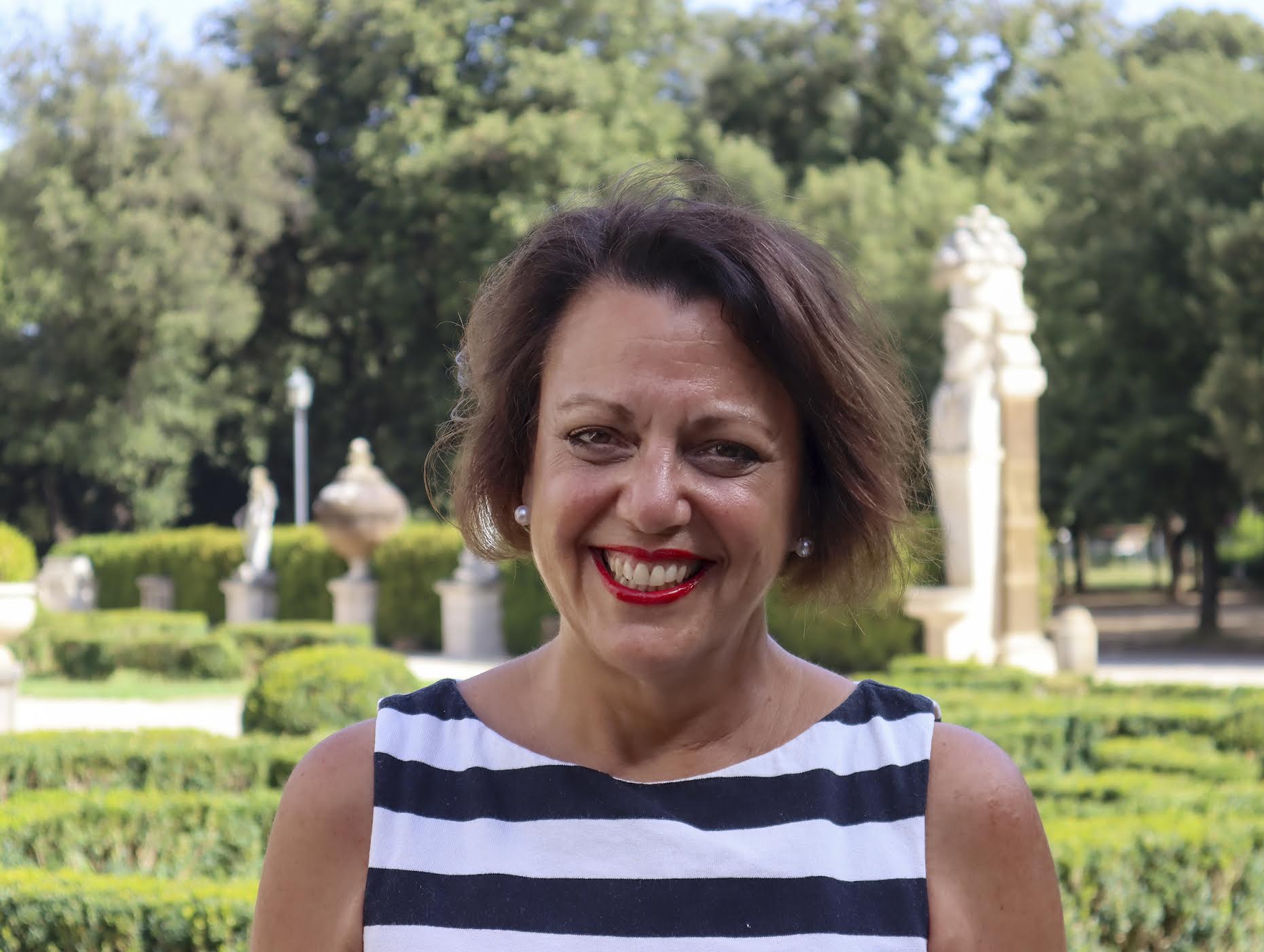I am a University Lecturer in the Museums, Collections and Society Research Group and professor in the art history department of Leiden University. I teach courses in Museum History and the Culture, Ethics and Politics of Collecting, and am co-editing a volume with Dr. Mary Bouquet on the 1930s emergence of museums of modern art in the Netherlands. Before coming to Leiden, I was a curator at museums in the United States and then moved to Rome, where I taught at Temple University Rome for twelve years, with courses on museum history and theory and modernist art and politics. In Rome, I organized workshops and published essays on topics related to architecture, decoration and museums established under the Fascist era and Jewish women in 1930s Rome. As board member of ICME ICOM (the International Committee for Ethnographic Museums of the International Council of Museums), I coordinated cultural programming for the 2016 Milan Triennale and a panel on the State of Ethnographic Museums in Italy. I have consulted with the Special Superintendency for Archaeology in Rome, ICCROM, Belgian Academy in Rome, and collaborated with the Carabinieri Command for the Protection of Cultural Heritage. Twice a Director’s Guest at Civitella Ranieri Foundation in Umbertide, I worked on writing projects devoted to private museums in 21st century Europe (published in the Leiden University MCS Annual Yearbook 2020) and the Villa Torlonia in Rome. I have also worked with the Netherlands Interuniversity Institute for Art History (NIKI) in Florence, where I taught a Master’s degree course on the Museum History of Florence.
It is now a privilege and inspiration to be a Museum Fellow at the KNIR. I have begun my fellowship by co-teaching the course Fascism and Anti-fascism in Rome: History, Legacy, and Cultural Memories in the KNIR-NIKI minor with Dr. Maria Bonaria Urban, KNIR Director of Studies in History. Our interdisciplinary onsite discussions about the history and legacy of the built environment and art produced under the totalitarian regime will inform my own ongoing research about the life and work of Italian and foreign Jewish artists, philanthropists and cultural leaders working in Rome between 1870, when the Jewish Ghetto was liberated, and 1938, when the Fascists established Racial Laws barring Jews from civic life. As a KNIR Museum Fellow, I also look forward to collaborations with museum curators, other foreign academies and foundations in Rome to explore the pasts and futures of modernist art in Italian museums. It will be an honor to participate in the lively and productive life of the KNIR, contributing to the institute’s research dialogues and acting as a KNIR ambassador in the Dutch university and museum world and vice versa.
